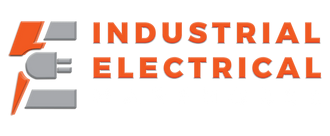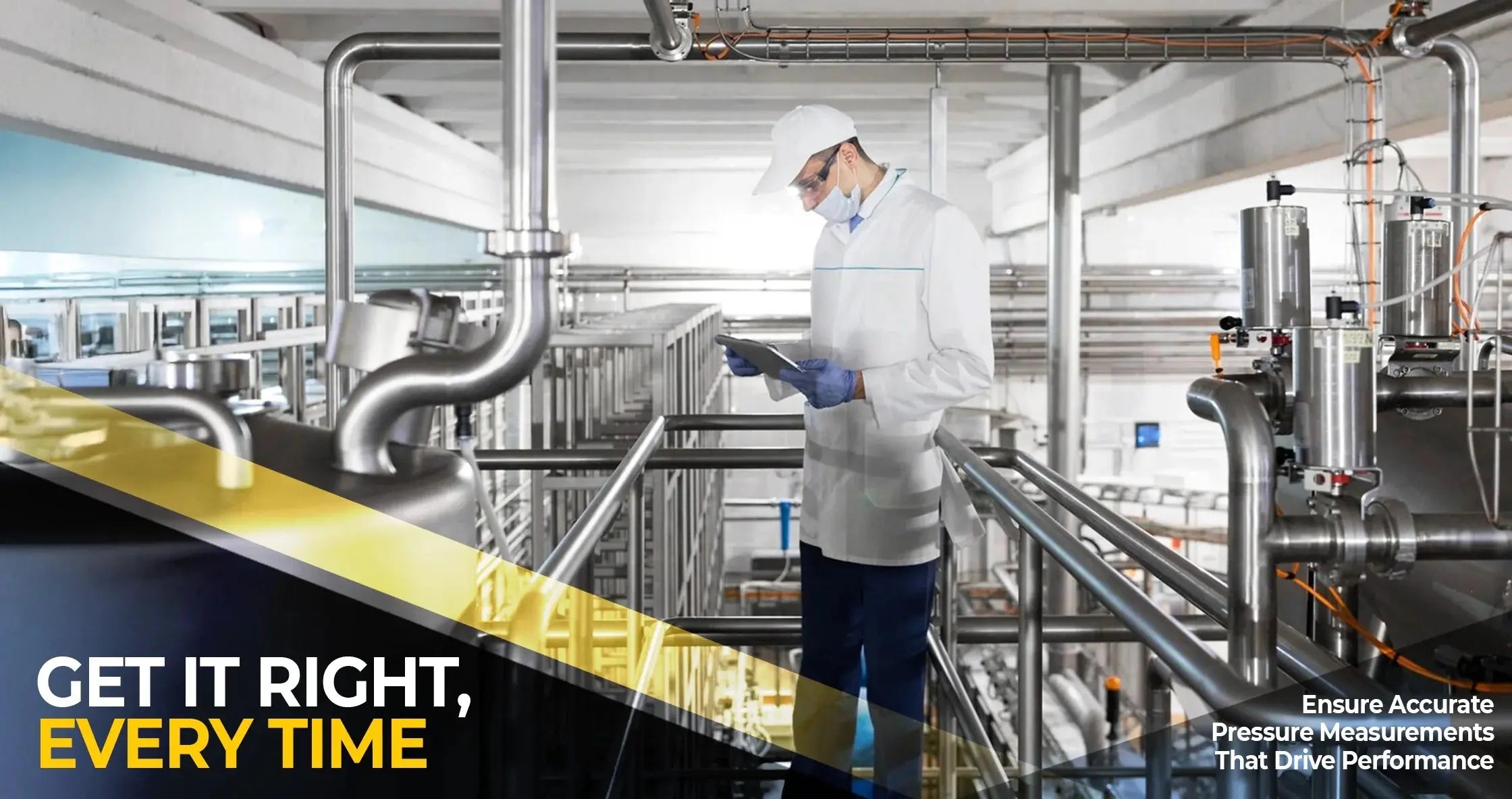Accurate measurements from pressure gauges are vital for safety and efficiency in industrial applications. Understanding pressure gauge accuracy is essential for professionals in various fields, including manufacturing, hydraulics, and process control. This article explores pressure gauge accuracy, factors affecting it, and how to ensure reliable readings.
The Importance of Pressure Gauge Accuracy
Understanding Pressure Gauge Accuracy
Pressure gauge accuracy refers to the degree to which a pressure gauge measures actual pressure, and it plays a critical role in preventing safety hazards and ensuring process efficiency. Maintaining accurate pressure gauge is essential, as an inaccurate gauge can lead to disastrous outcomes such as equipment failures, product defects, and unsafe working conditions. Therefore, knowing the accuracy class of a pressure gauge helps professionals select the right instrument for their needs.
Potential Impacts of Inaccurate Readings
Inaccuracies in pressure measurement can have severe implications for industrial operations. For instance, if a gauge underreports pressure, a system may operate beyond safe limits, risking equipment failure. Conversely, over-reporting pressure can lead to inefficient operations and increased costs. Maintaining high pressure gauge accuracy is therefore critical, as it ensures systems operate within safe and efficient parameters. Ultimately, pressure gauge accuracy supports dependable and optimal process conditions, making it essential in various applications.
Factors Influencing Gauge Accuracy
Environmental and Operational Influences
Several factors can impact pressure gauge accuracy, including temperature, vibration, and humidity. Temperature fluctuations can cause the gauge components to expand or contract, leading to misreadings. Moreover, mechanical vibrations can affect the condition and performance of the gauge. Therefore, proper installation and environmental controls are necessary to maintain gauge accuracy.
Wear, Tear, and Calibration
Over time, pressure gauges can experience wear and tear, which directly impacts pressure gauge accuracy. Regular calibration is vital to ensure the gauge continues to provide reliable readings. This process involves comparing the gauge’s output against a known standard and making necessary adjustments. Establishing proper maintenance schedules is essential for preserving long-term accuracy and ensuring safe, efficient operations.
Selecting the Right Pressure Gauge
Understanding Different Types of Pressure Gauges
There are various types of pressure gauges available, each suited for different applications. Mechanical gauges, such as Bourdon tube and diaphragm gauges, are often used for general purposes. Digital gauges provide high pressure gauge accuracy and are preferred for applications requiring precise measurements. Always consider the specific requirements of your application when selecting a gauge to ensure optimal performance.
Key Considerations for Gauge Selection
When selecting a pressure gauge, consider factors such as pressure gauge accuracy, operating pressure range, and material compatibility. The gauge should be capable of handling the typical pressure levels experienced in your operation. Additionally, choose materials that can withstand the respective fluid or environment, especially if corrosive substances are involved.
- Determine the fluid being measured.
- Select the appropriate size and mounting options.
- Identify the necessary accuracy class.
- Assess the acceptable operating pressure range.
Ensuring Accurate Pressure Measurements
Best Practices for Accurate Readings
To ensure pressure gauge accuracy and reliable pressure measurements, adopt best practices such as regular gauge calibration, proper installation, and routine maintenance. Perform inspections to identify any wear or damage that may impact gauge performance. Also, familiarize yourself with the proper techniques for reading gauges, including ensuring all connections are secure and the gauge is positioned correctly.
Utilizing Technology for Enhanced Accuracy
Embracing modern technology can significantly enhance pressure gauge accuracy. Digital pressure gauges often feature built-in data logging and statistical analysis capabilities, allowing for precise monitoring and assessment. By leveraging such technologies, operators can gain better insights into system performance and make more informed decisions regarding maintenance and operational efficiency.
Conclusion: The Path to Reliable Pressure Measurements
In conclusion, achieving optimal pressure gauge accuracy is essential for industrial applications where safety and efficiency are paramount. By understanding the importance of pressure gauge accuracy, selecting the appropriate instruments, and adhering to best practices for maintenance and calibration, professionals can ensure reliable pressure measurements. Always invest time in training personnel to recognize potential issues that could affect accuracy. This approach helps maintain operational integrity and safeguards against costly mistakes in pressure-sensitive applications.

Frequently Asked Questions (FAQ)
What is pressure gauge accuracy?
Pressure gauge accuracy refers to how precisely the gauge measures actual pressure, indicating the degree of uncertainty in the measurement.
How often should I calibrate my pressure gauge?
Calibration schedules depend on usage, but to maintain pressure gauge accuracy, it is generally recommended to calibrate your gauge at least once a year.
Where can I find high-quality pressure gauges?
You can find reliable pressure gauges from manufacturers such as Festo, which offers a range of gauges for various applications. For example, check out the Festo Pressure Gauge 0 to 10bar R1/8, ideal for many industrial settings. These products are designed with pressure gauge accuracy in mind, ensuring dependable readings across different conditions. Alternatively, consider the Festo Pressure Gauge 40mm 0-16 0-230psi for more specific applications. Lastly, the Festo Pressure Gauge Series A7 0-16 Bar offers reliable performance in varied conditions.


